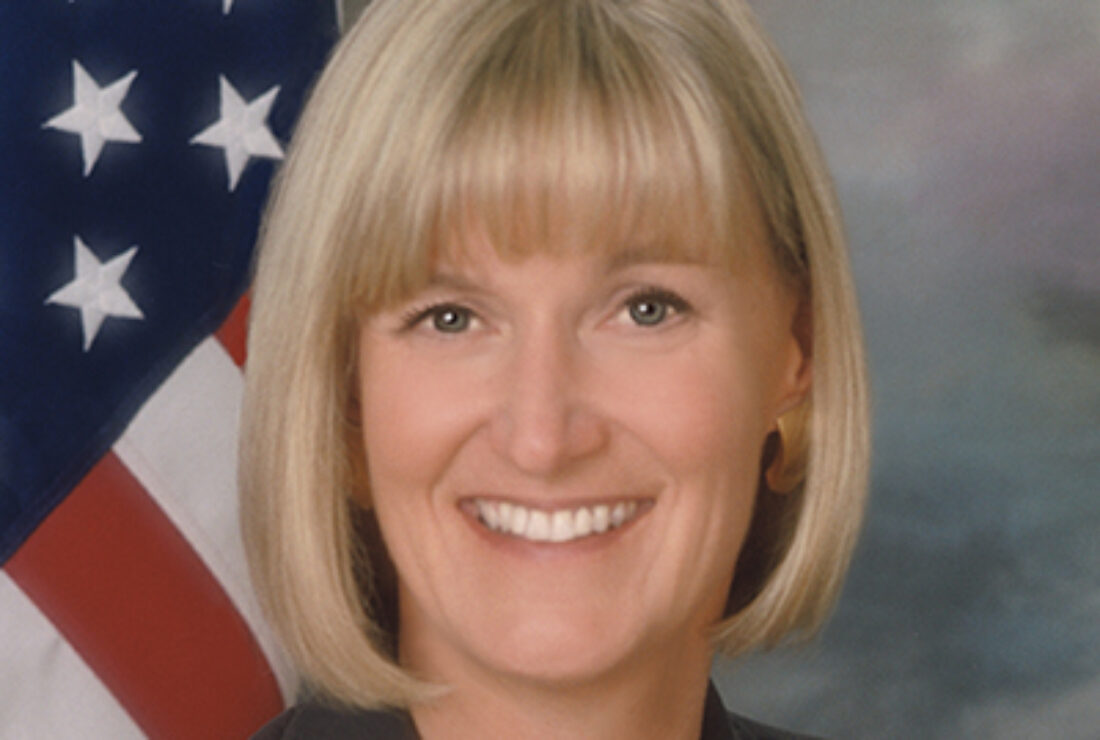Hon. Barbara Lawton
43rd Lieutenant Governor of Wisconsin

Barbara Lawton, of Green Bay, took office as Wisconsin’s 43rd lieutenant governor on January 3, 2003 and was re-elected in 2006. Lt. Governor Lawton’s work focuses on economic development, expanding opportunities for businesses to create jobs in Wisconsin through investments in the creative and green economy sectors.
Lawton led her colleagues in the National Lieutenant Governors Association to overwhelming bipartisan support for an ambitious Energy Independence and Global Climate Change Resolution. That resolve drove the development of her Green Economy Agenda that aims to offer incentives for energy efficiency and to expand opportunities for sustainable businesses. She works with local governments to shape their response to global climate change and develop strategies that will strengthen regional economies.
As chair of the Wisconsin Arts Board, Lt. Governor Lawton led the agency to realign its efforts to foster growth in Wisconsin’s creative economy with development of a strong arts and culture industry in every part of the state – a sector that employs thousands, generates significant revenue and builds communities attractive to the workforce they need. She led the successful effort to pass legislation creating tax incentives for the film and video game industry in Wisconsin, expected to introduce millions of new dollars and jobs to Wisconsin’s economy.
Lawton’s leadership and the work of the Arts Board was recognized with her invitation to represent the states’ interests on an exclusive National Arts Policy Roundtable convened by Robert Redford and Americans for the Arts at the Sundance Preserve last fall. Their policy recommendations, forthcoming, will address the topic “Thinking Creatively, Working Globally: The Role of the Arts in Building a 21st Century American Workforce.”
Lawton serves on the National Leadership Council for the American Association of Colleges and Universities, leading Wisconsin’s pilot of their ten-year national campaign to champion the deep public value of a liberal education both for individual students and for a nation dependent on economic creativity and democratic vitality.
Lawton’s groundbreaking economic development initiative Wisconsin Women = Prosperity received national and international recognition. Lawton was the only U.S. elected official to participate in the International Women Leaders Global Security Summit co-convened by the former president of Ireland, Mary Robinson, and former Canadian Prime Minister Kim Campbell.
She leads a multi-agency project to expand access to opportunity in Wisconsin for disadvantaged, minority and women-owned businesses. She is the honorary chair of Wisconsin United for Mental Health and led a Task Force on Women and Depression, whose recommendations are improving access to mental health care and the quality and delivery of those services.
Lt. Governor Lawton was born on July 5, 1951 in Milwaukee. She graduated from Waterford Union High School, summa cum laude from Lawrence University and earned a master’s degree in Spanish from UW-Madison. She and husband Charles “Cal” Lawton have two children, Amanda and Joseph, both graduates of Green Bay East High School and Macalester College, and four grandchildren. The family lived in Green Bay for over 30 years; their permanent home now is near Algoma.
Lawton made history as the first woman elected to the state’s second highest constitutional office. Her unique expertise –developed in community leadership as a founder of the Greater Green Bay Area Community Foundation and the Multicultural Center, as advisor to Entrepreneurs of Color, in service on various Boards, including that of the Northeast Wisconsin Technical College Foundation, and as consultant to businesses expanding internationally— informs the work of the Office of the Lieutenant Governor and enriches the administration’s vision for a vital economy supporting healthy families in every region of the state.






Join 1,800+ BIPARTISAN LEADERS NATIONWIDE
Be a part of a network of lawmakers committed to governing effectively, passing more representative public policy, and increasing public trust in democracy.